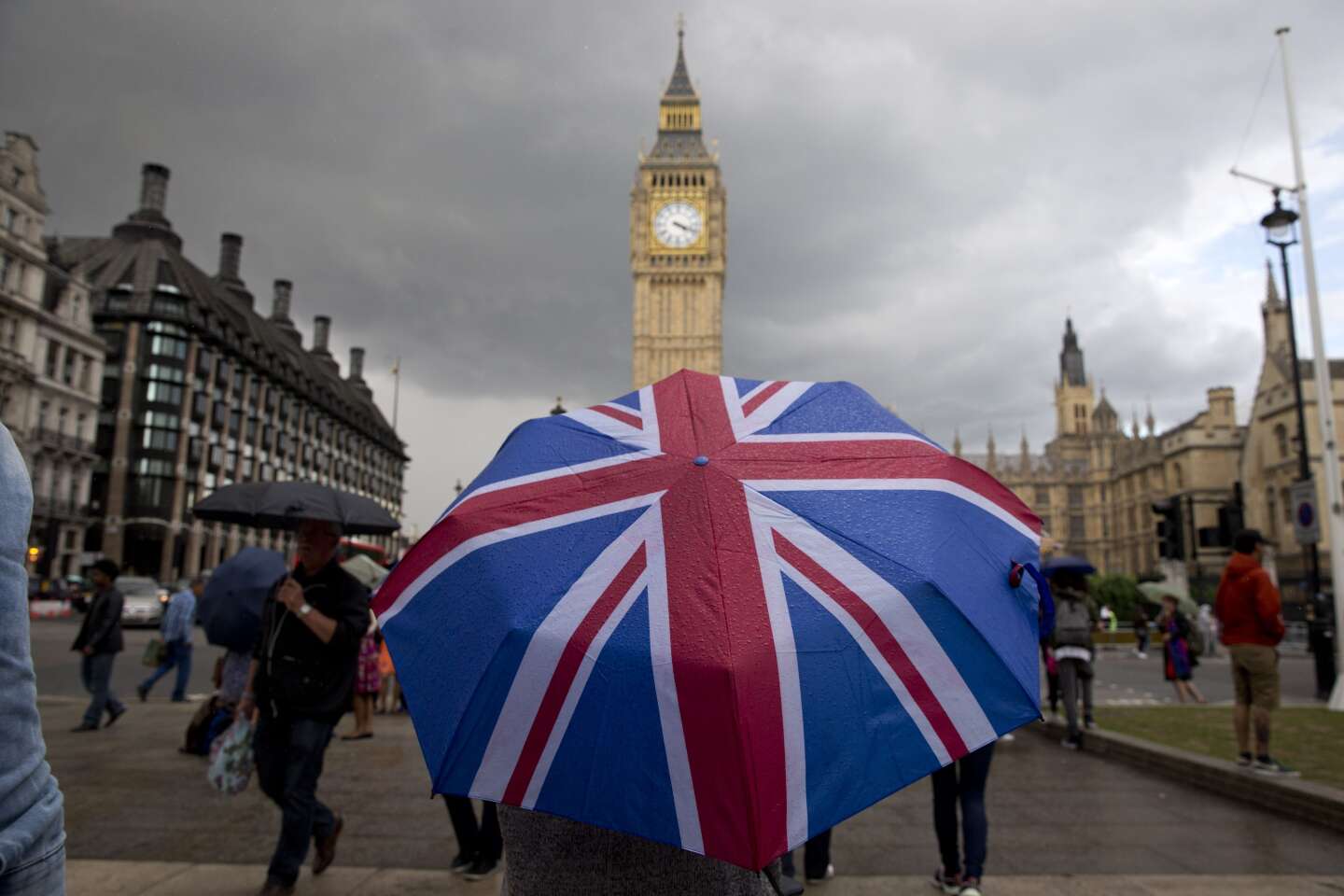


It's mostly just anecdotes and rumors that don't amount to much. But little jibes can remind us of how quickly a country's economic reputation can crumble. In this case, such gossip speaks volumes about the collapse of the United Kingdom's image among the international business community. After nearly seven years of nonstop internal battles over Brexit, five prime ministers, seven chancellors of the Exchequer and eight secretaries of state for business, investors have been left scratching their heads.
At a recent dinner party, the head of a European railway company operating in the UK shrugged his shoulders in disbelief at the British fiasco over its second high-speed railway line, which was supposed to link London to Manchester but ultimately stopped halfway, at Birmingham. "It was supposed to be called HS2, High Speed 2, because it was the country's second high-speed line. Instead, it will be 'HS1.5,' or even 'HS1.25.'" He no longer had any confidence in the current British government in light of its ongoing instability. "We're staying put in this country for now and waiting to see about the next government [the general election must be held no later than January 28, 2025]."
In another end of meal confidence, a French ready-to-wear clothing boss went down a lengthy list of the problems caused by Brexit: He's had to change his supply chain, paperwork has become more cumbersome and hiring is more difficult due to a lack of staff. More unexpectedly, tourists have been spending less in the capital ever since the British government abolished tax relief at the border in the wake of Brexit. "London has long been the go-to city for international shopping; it's where the big brands absolutely had to be," he said. "But that's been shifting more and more to Paris." According to him, the luxury stores on Regent Street, one of the city's main thoroughfares, have begun to struggle.
Disbelief followed by disdain
Not that either of the two business heads has left the UK, of course. The country has remained the world's sixth-largest economy, just ahead of France. Its world-renowned universities, leading biotech and pharmaceutical industries and internationally famous cultural endeavors − especially in television production − have clearly served as assets.
But in the close-knit environment of international business, things have started to slip. Until 2016, the UK was much admired within this domain. Now, that feeling has been replaced by a sense of disbelief followed by disdain. How serious has this become? On November 21, Dave Ramsden, deputy governor of the Bank of England, reminded a parliamentary committee of the "chilling" effect Brexit has had on investment. "You can see a break in the trend for UK business investment in 2016 [the year of the referendum]." While "that may have had lots of good reasons for it," there has still only been a 6% rise in investment in seven years, he said, noting that one of the main factors for investment is confidence. Yet the constant political fluctuations, unending Brexit negotiations and succession of ministers have only added to an already pronounced sense of uncertainty over other matters (the pandemic, war in Ukraine and inflation, among others).
You have 20% of this article left to read. The rest is for subscribers only.
